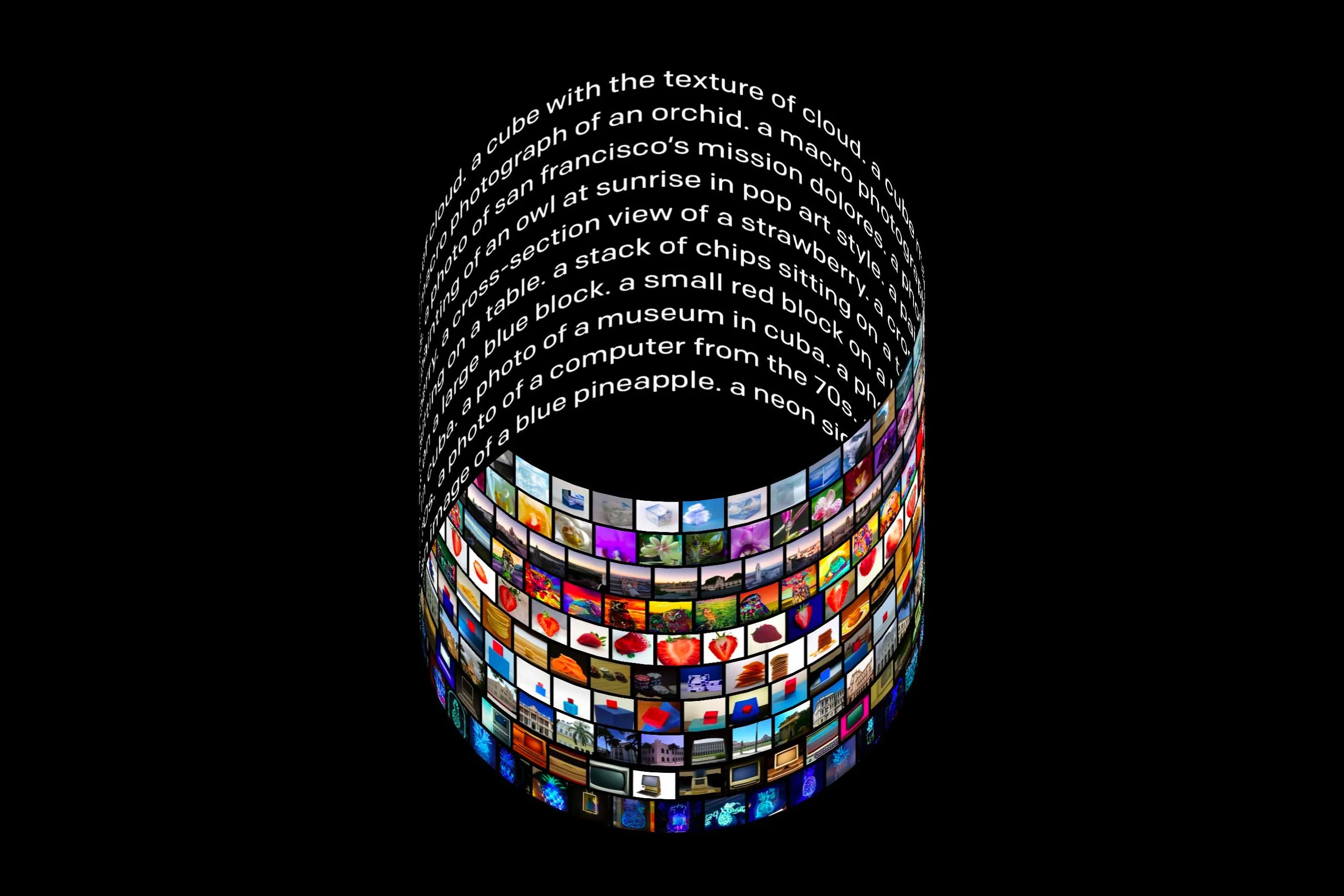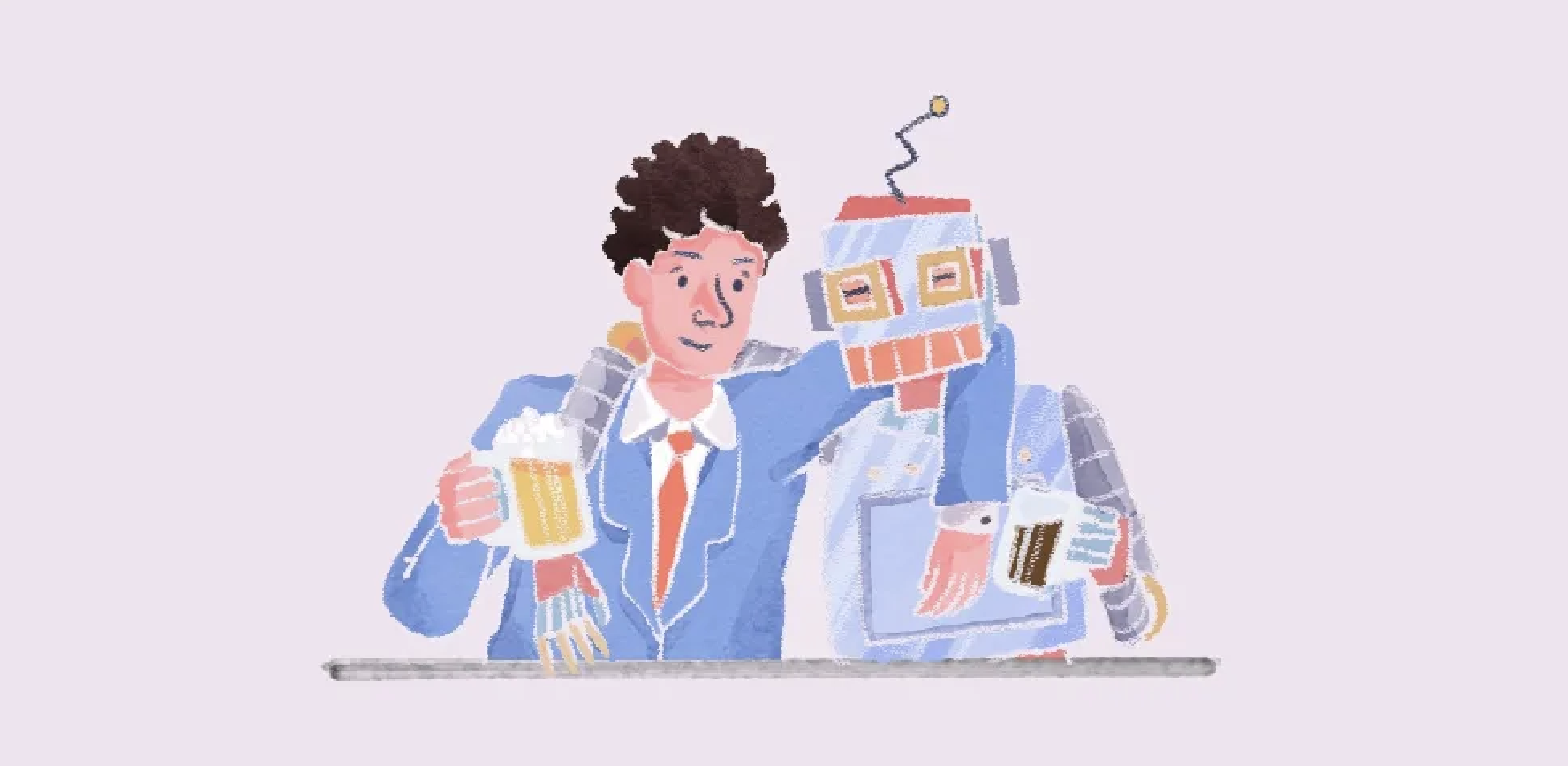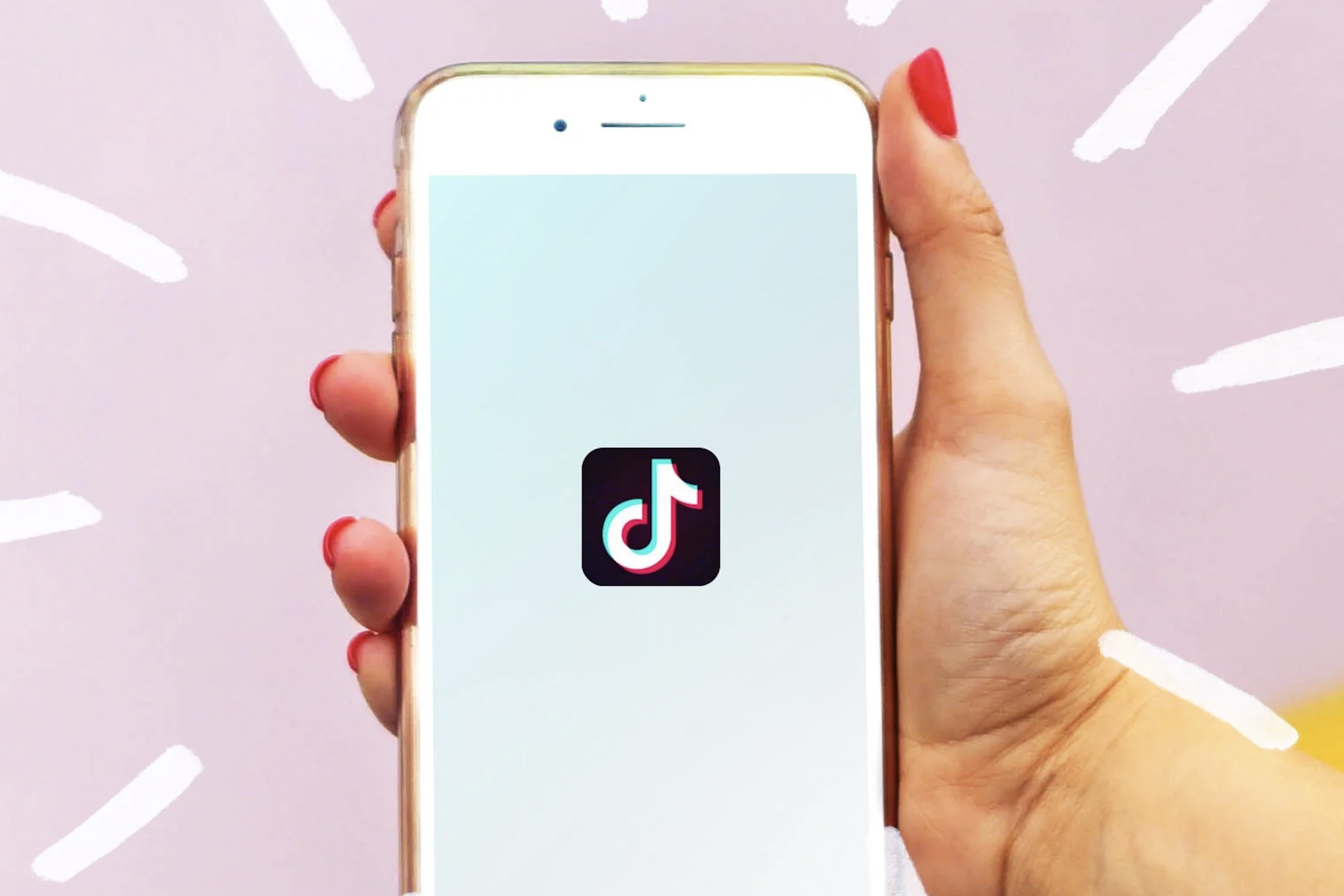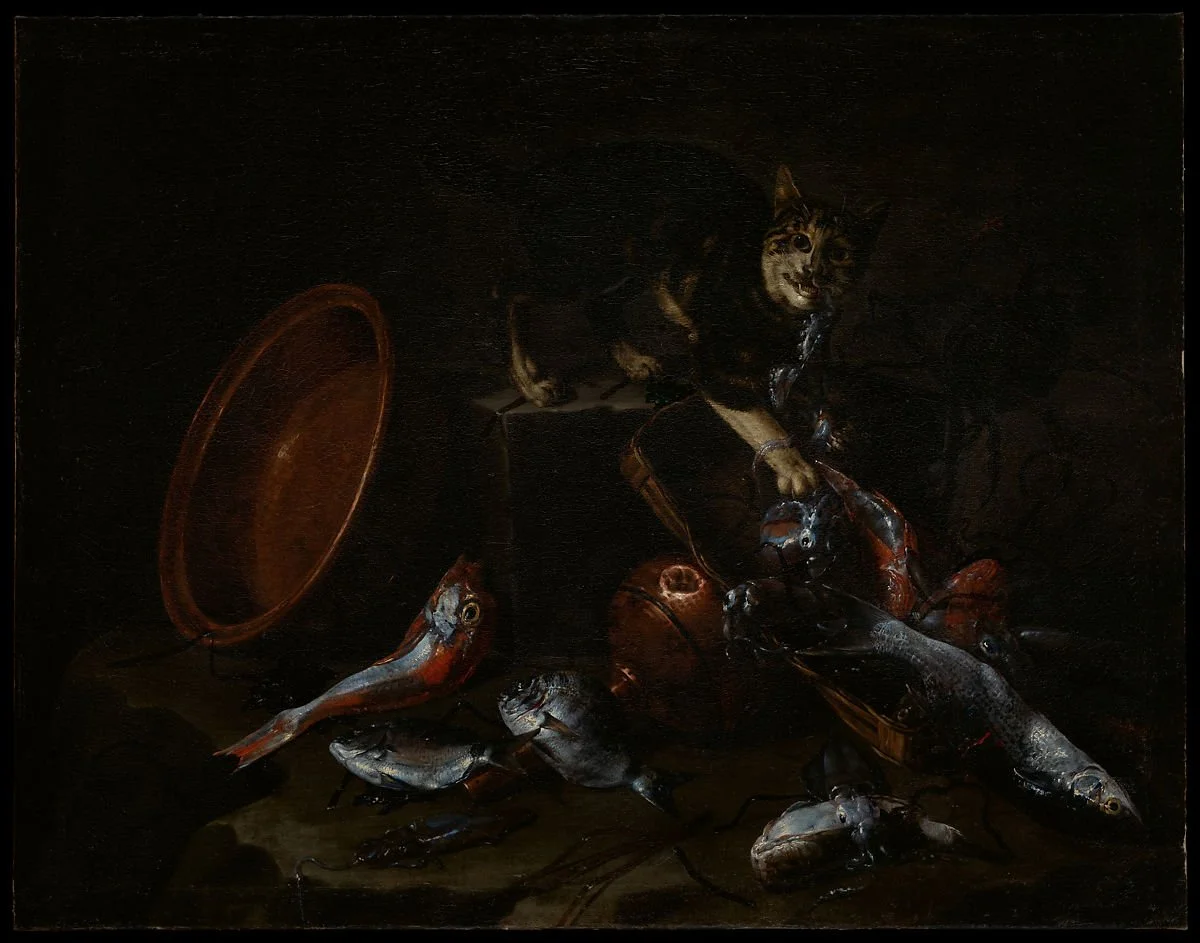According to the Western Museum Association, Open Access refers to efforts made by museums to provide high-resolution downloadable images free of charge to maximize the ability of the user to interact with, share, and reuse the images. In 2018, Douglas McCarthy, Collections Engagement Manager at Europeana, and Dr. Andrea Wallace, Senior Lecturer in Law at the University of Exeter, set out to see how many cultural heritage institutions make their digital collections available for free use, as well as how they do it. The pair created a Google Sheet survey that has listed over 1,200 international institutions, including Galleries, Libraries, Archives, and Museums. Over one-third of these records name specific Museums. While Open Access encompasses numerous industries, this article focuses Open Access technology and usage in the context of Museums and Artists.
Open Access and Why it Matters in the Museum Space
Amidst Covid-19, many museums moved to sharing collections and exhibitions virtually. However, even before Covid, museums began sharing their collections in a virtual, accessible manner with Open Access. It is estimated that nearly 1,000 cultural heritage institutions world-wide have published some or all of their collections with Open Access usage. While Open Access exists in other industries, such as in libraries, this article focuses on the context of Open Access in the museum space.
We Have A Castle, Write Us An Opera!
Every good castle needs an opera company, or so the Savonlinna Opera Festival of Finland would lead you to believe. They have been performing at St. Olaf’s Castle in Savolinna, Finland since 1912. The festival took a 50-year Hyades between 1917 and 1967, but since its re-inception in the 60’s has been known for its cutting edge works and operatic premiers. Starting in their 2010 season they have decided to push the envelope of innovation even further. The Savolinna Opera Festival is crowdsourcing an opera for its 2012 season through a new project: Opera By You 2012
They are asking the public to write an opera from beginning to end for their 2012 season. They want the world to create everything from the story, set design and costume design to the music and libretto. Savolinna is providing the performers, the crew, and an orchestra; the public is providing the opera.
To my knowledge this has never been done before in Opera and certainly not to this extent. The Savolinna Opera Festival is taking advantage of wreckamovie.com to host their crowdsourcing forum. The site was originally set up for crowdsourcing movies, but also seems to be working well for opera. The only major problem I could find was the lack of music sharing technology on the site. It is still not clear how the composers will collaborate on the score for the opera.
Currently, members are working on the plot synopsis for the opera within the online forum. There are ideas ranging from aliens to sea monsters and insurance salesman to princesses, a true amalgamation of creativity. The opera is still in its early stages of creation and nothing has been set in stone yet.
I was a little frustrated that I could not find any information on how they are going to decide which ideas to use. It is not clear from the website if the management is making those decisions or if the public is going to vote. I am personally a fan of putting as much ownership on the collaborators and public creators as possible. The idea that an opera company would forgo control and perform whatever the public wants to see is very exciting.
Opera By You 2012 has the potential to change the world of opera and set a new benchmark for the use of technology in the ‘high arts’. This project is breaking many of the stereotypes typically associated with this art form and opening opera to a much wider audience. Opera By You 2012 is not about tradition or ‘the classics’, it is about making new art and opening up an opportunity for the masses to interact with opera.
Technology is helping this arts organization reach out to the world and break down some of the barriers that keep many people away from the classical music realm. Crowdsourcing taps the collective creativity of everyone involved and creates a product that is not only designed for an audience, but by them. This type of innovation is what keeps the arts current in our society. It will be very interesting to see how this opera materializes and the impacts that it will have on the world of opera.
Protected? Online Content, and its Abuse
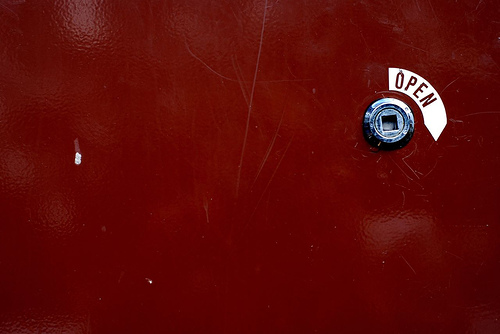 photo by Brittney Bush Bollay
photo by Brittney Bush Bollay
Years ago, while editing a free-press magazine, I found that the closely-guarded text of a mediocre article that the Publisher himself had submitted as his own (and rejected my suggestions to improve) was a verbatim reproduction of a local business' website copy. I confronted the Publisher, who told me I was overreacting, and that the site owner "would never know."
I resigned that month. (The magazine closed its doors shortly thereafter, due to mismanagement.)
So imagine my reaction when I read Waldo Jacquith's Virginia Quarterly Review blog post demonstrating that Wired editor Chris Anderson's latest book, Free, is full of paragraphs that appear to be lifted, verbatim and without attribution, from Wikipedia. [Though Jacquith is careful not to accuse Anderson explicitly of plagiarism, Edward Champion has no such scruples.] While the actions of my previous employer were inexcusable, this much more extreme indiscretion by a well-respected editor of a major magazine, whose book is being published by Hyperion, is far more alarming.
Jacquith's column sparked a heated debate among its readers, some praising Anderson's "admission of guilt" (essentially, "Oops! I had footnotes but the publishers didn't like how it looked and I didn't know the best way to properly cite in a different way, and then I forgot to change it,"), others leveled harsh criticism against Anderson, who really should know how to cite a source.
But at the heart of the matter, it seems, is the "confusion" that surrounds using content available online to substantiate and support an author's arguments. Some Anderson defenders commented that, as an encyclopedia, Wikipedia did not need to be cited (and I urge them to read The Creative Commons Deed--which covers Wikipedia content and states "You must attribute the work in the manner specified by the author or licensor [but not in any way that suggests that they endorse you or your use of the work.]") Others, like Zito van Dijk, commented, "If a 'taking over of words' is very long and substantial, wouldn’t that mean that Chris Anderson does not quote, but takes part in the Wiki writing process? According to GFDL, this makes his book to be copyleft, and everyone has the right to copy it freely?"
Ahhh, the GNU Free Documentation License. Like the Creative Commons Attribute, or the Educational Community License, it is a legal guideline to enable public works to retain the original author's integrity. The thing that always worries me about Creative Commons and the like is that, to the layperson, these licenses may seem esoteric (and, consequently, not very important--like the "I have read and Agree to the Terms" checkbox, that minor inconvenience you check so that you can get to the good stuff). Thus arise situations like the now-notorious lawsuit against Virgin and CC, the result of someone online not understanding what it was, exactly, that the license was permitting.
Interestingly, I was just in the midst of playing with a couple of online tools that carry either Creative Commons or Educational Community licenses. The first of these tools is Ficly, the second incarnation of Ficlet, a sort of online writing group. On this site anyone can contribute writing samples, poems, etc., have them read by others, modified, and responded to. The second is Sophie, described by creators as a tool whose "goal is to open up the world of multimedia authoring to a wide range of people, institutions, and publishers. In so doing, Sophie redefines the notion of a book or academic paper to include both rich media and mechanisms for reader feedback and conversation."
Great resources both, each offers participants (or even audiences) the opportunity to receive a lot of information, engage in vibrant discussion or creation, truly collaborate. So who, at the end of the day, gets to walk away with "ownership?" Is there the potential for significantly increased licensing breaches as there are ever-proliferating ways to get the public at large involved in sharing ideas, words, video, photos, etc? And though I believe that anyone involved in publishing anything to the web should arm himself with knowledge about his rights regarding that content, I believe that most people don't really know what their rights are.
I think most of us learned about plagiarism in high school or college. But for those of us who are either older than the internet or who had only limited access to it during our time as students, there appears to be a massive gap in our collective understanding of what governs web content. In schools I hope that curriculums have been updated to address various online licenses that apply to work that they will encounter. For the rest of the populace, I think it's vital that anyone out using the web is able to access a comprehensive source, like CC's fantastic primer, before using sites like YouTube or copying a Flickr picture into a PowerPoint presentation. It's too easy to generate, borrow, modify, and distribute without really knowing the implication of these actions. A person can sign up and start posting content without ever realizing that they may have given permission for anyone to use their work, as long as they are given credit for having generated it. There are no doubt many people using others' work without attribution, blissfully ignorant of the fact that they are technically breaking the law. (Though, of course, there are many who do it knowingly, as this artist's experience attests. This blog has linked to her in the past, in an article about the dangers and benefits of Print-on-Demand.)
We need to hold high-profile individuals (especially, considering that their audience is much broader!) to the same standards that we hold the little people, and not accept a mere apology. Look at Jammie Thomas-Rasset, whose (ignorant or fully-informed) online lawbreaking has been made a serious example. Why shrug off Anderson's disregard for an equally binding law, and accept Hyperion's unwillingness to alter the book release date to correct the "mistakes" in the hard copy?
And for goodness sake--if you are going to use a source like Wikipedia as the foundation for an argument, CHECK YOUR FACTS. Don't do like Anderson, and paraphrase incorrect information. Ouch.
Addendum: Article in the Guardian that both reviews Anderson's book, addresses the phenomenon that allows Google to pay nothing for art, and touches (too lightly, I feel!) on Anderson's liberal unattributed-quoting.
Blogging on the Shoulders of Giants
Creative Commons licenses provide the ability to modify the terms of the copyright on your intellectual property.
Some times Copyright can be too restrictive when you would like to share your work with the world.
For those of you who are unfamiliar with Creative Commons licensing, this video helps to explain some of the ways in which it allows someone to publish their work somewhere in between All rights reserved and No rights reserved. This method of copyright allows the creator of the work to decide how it can be used by others, if it can be used commercially, sampled, remixed, or built upon. By using a Creative Commons License creators are able to maintain some rights while allowing others greater access to the work than the regular Copyright would allow.

FairShare is a free online application that allows you to track the usage of your creative commons licensed intellectual property, making it possible for people all around the world to reuse content while still attributing it back to the original creator. Currently FairShare works for any text based content that is available to the public via RSS feeds. This means any blog posts, essays, cookbooks, and anything as long as it is text and available as via RSS. According to Plagiarism Today's Jonathan Bailey, FairShare Developer Attributor is also gauging interest in a FairShare for photos and videos as a possibility for a future service that would allow users to track the use of images and other media beyond just text content.
FairShare begins by asking you to choose from a list of available Creative Commons Licenses.
- Attribution
- Attribution Non-Commercial
- Attribution No Derivatives
- Attribution Share Alike
- Attribution Non-Commercial No Derivatives
- Attribution Non-Commercial Share Alike
Once you've registered your blog or other RSS feed, FairShare searches to find instances of your content on other sites, and then displays the different pages that have reused your work and how that reuse of your content compares to your license conditions. The sites using your content are displayed in your FairShare feed that can then be accessed through a feed reader such as Google Reader, or any number of other RSS readers.
This is an amazing new tool that will allow anyone who is concerned about how their intellectual property is being used to track and influence how that content is being shared.
As we go into the weekend, I leave you with this awesome Video Mashup, "The Mother of all Funk Chords" that was created entirely from clips available on Youtube.
More Proof - "Free" Can Have Value
 I've stated on our blog and podcast many times that you can offer your content for free without devaluing that content.
Frequent followers will recall two interviews with independent musician Jonathan Coulton (podcasts #38 and #55), who has given most of his music away and still manages to make a decent living. (I cannot define "decent" exactly, but I imagine he does quite well for himself.)
I've stated on our blog and podcast many times that you can offer your content for free without devaluing that content.
Frequent followers will recall two interviews with independent musician Jonathan Coulton (podcasts #38 and #55), who has given most of his music away and still manages to make a decent living. (I cannot define "decent" exactly, but I imagine he does quite well for himself.)
Well, thanks to Amazon's 2008 best-selling albums list, I have even more proof that free does not equal worthless. According to ReadWriteWeb, the best-selling album in Amazon's MP3 store for 2008 was Ghosts I-IV by Nine Inch Nails. Interestingly, that same album was available for free (and legally!) in March via BitTorrent under the Creative Commons Attribution-Noncommercial-Share Alike license.
This means that either: A) People ignored the fact that the album was available for free and opted to pay, or B) people downloaded the album for free and paid after listening because they felt it was worth the money. A third option, of course, is that people were just too dumb or lazy to figure out how to use BitTorrent. This, however, is unlikely. After all, this is the fan base for Nine Inch Nails we're talking about here... not Frankie Valli and the Four Seasons.
This is not to say that opera companies should start giving away tickets. I'm simply saying that arts organizations might consider lightening up a bit when it comes to offering content online.
("Free LSD" photo courtesy of corypina's Flickr stream.)

